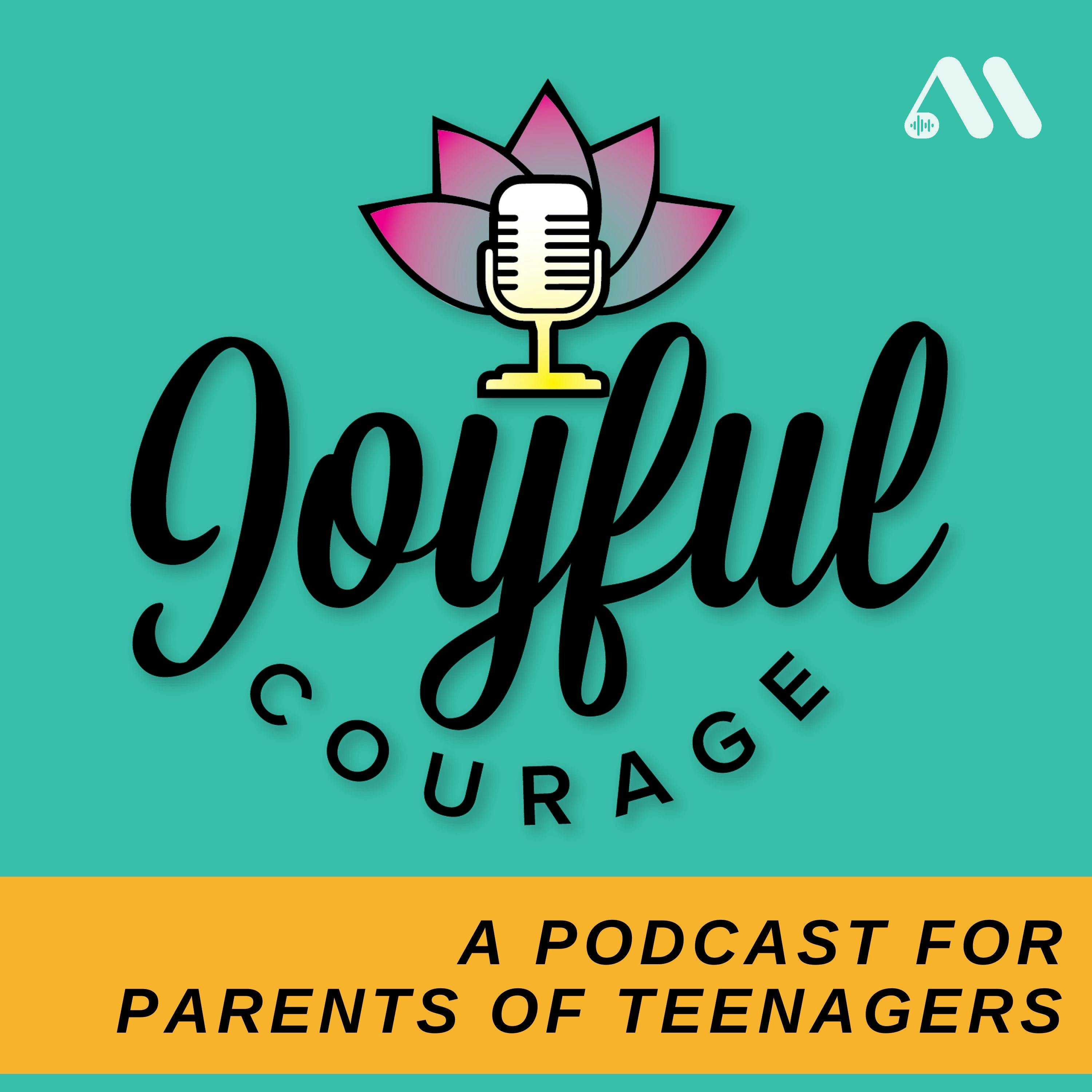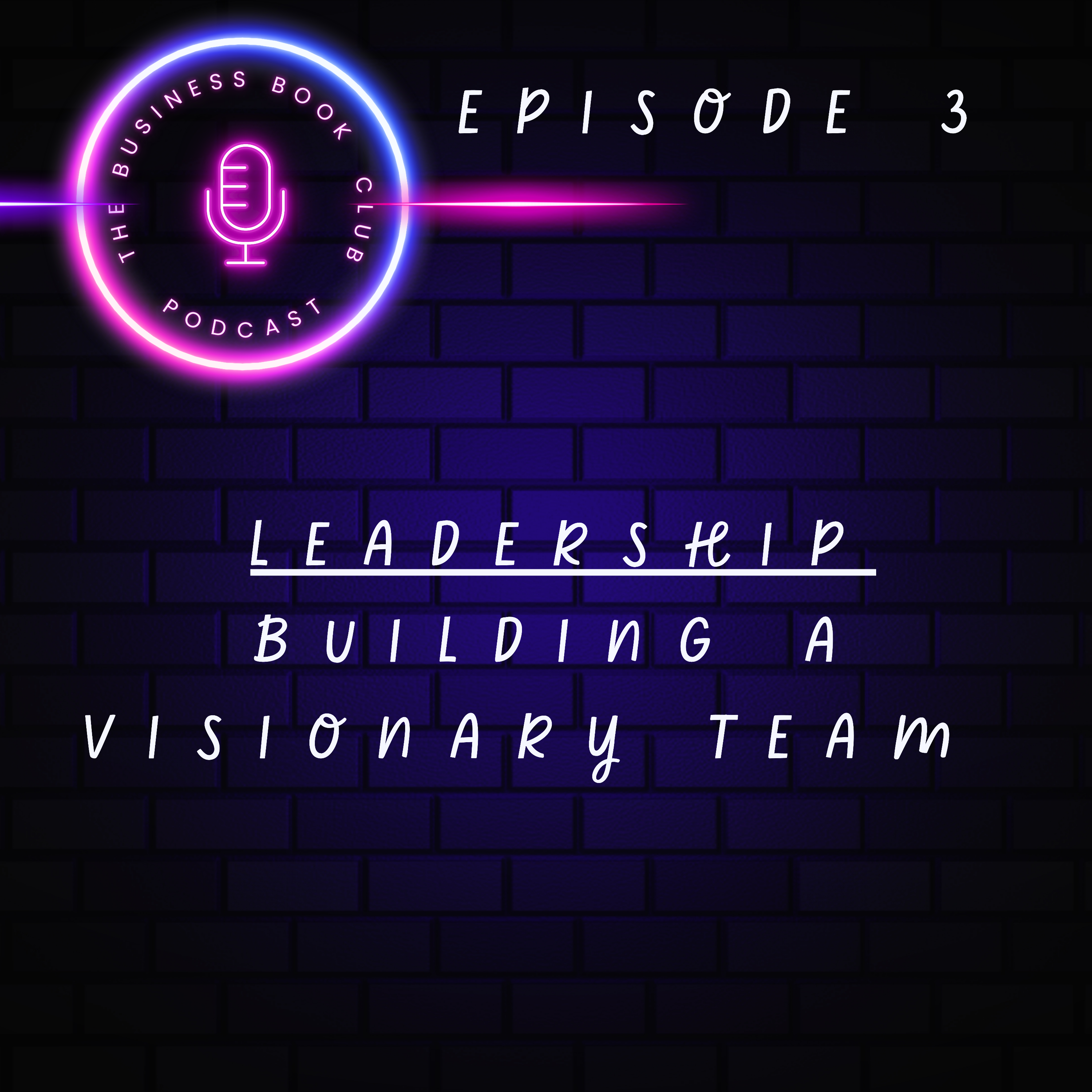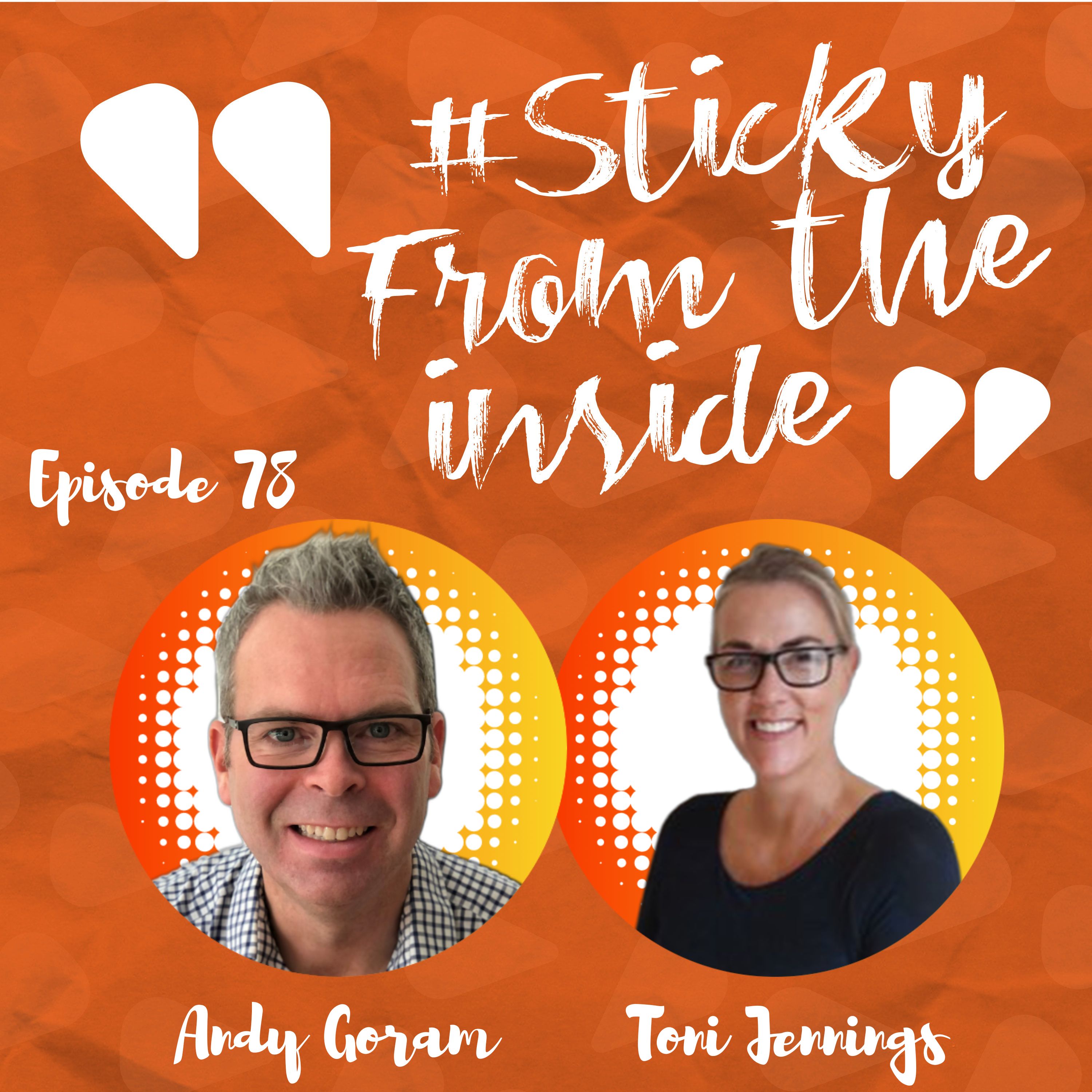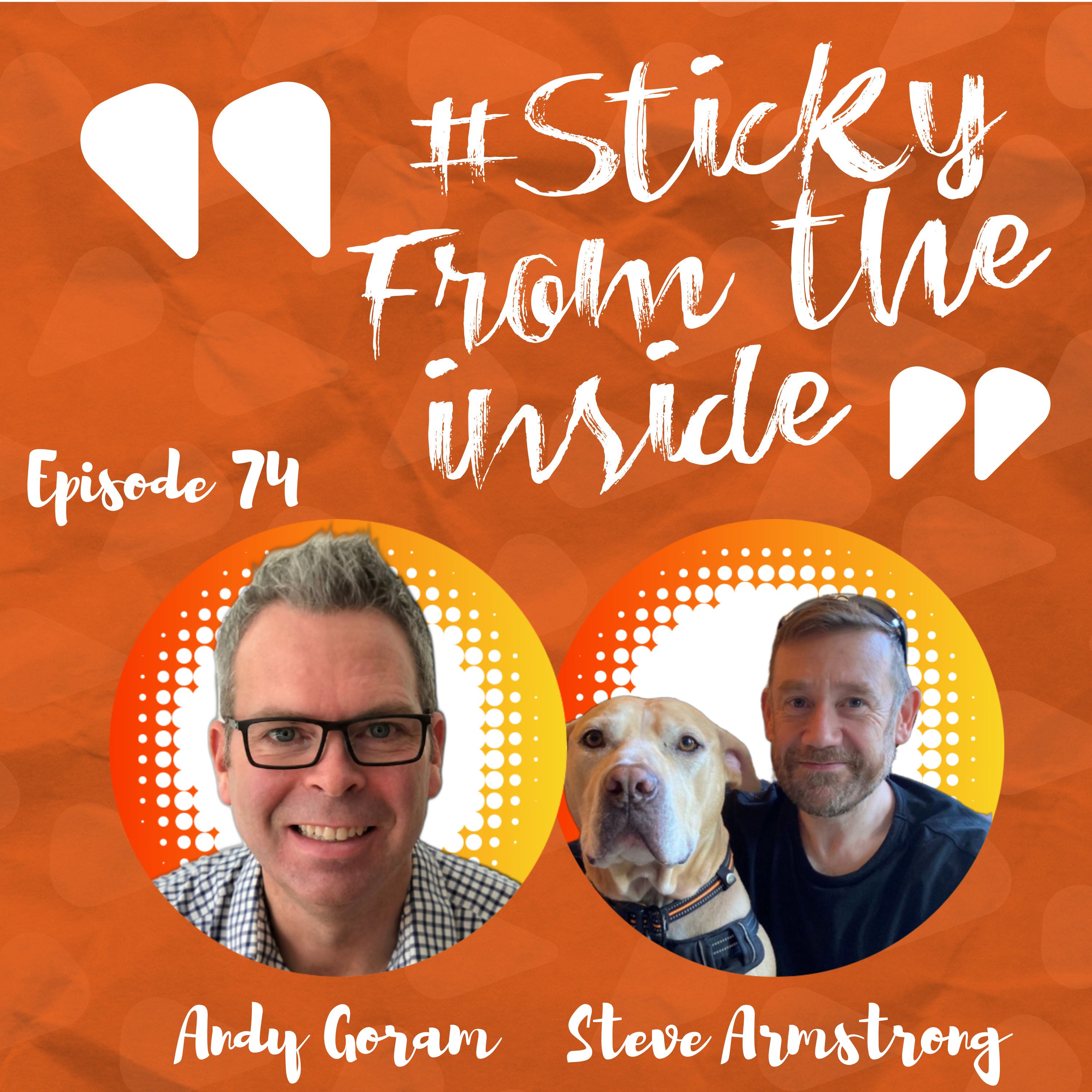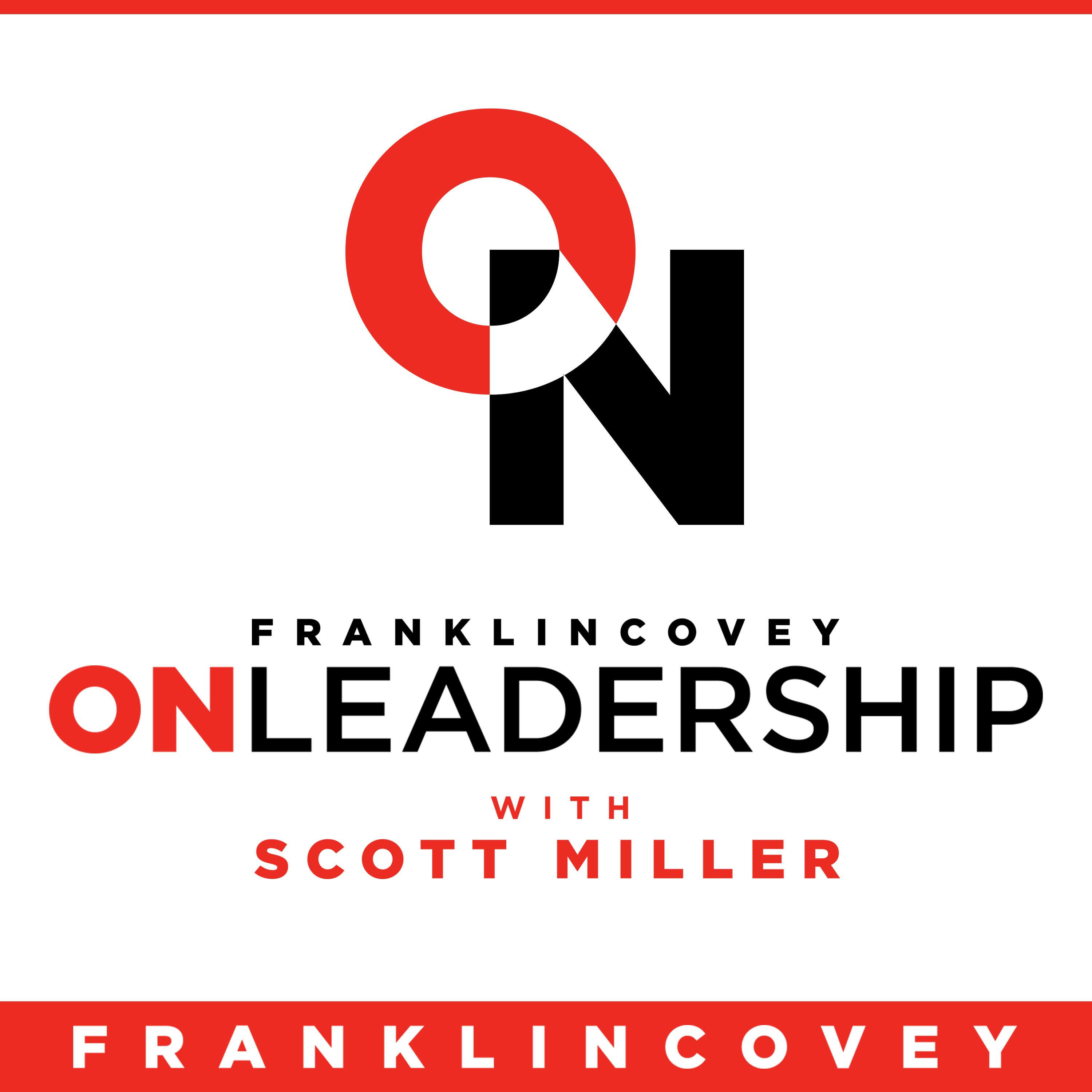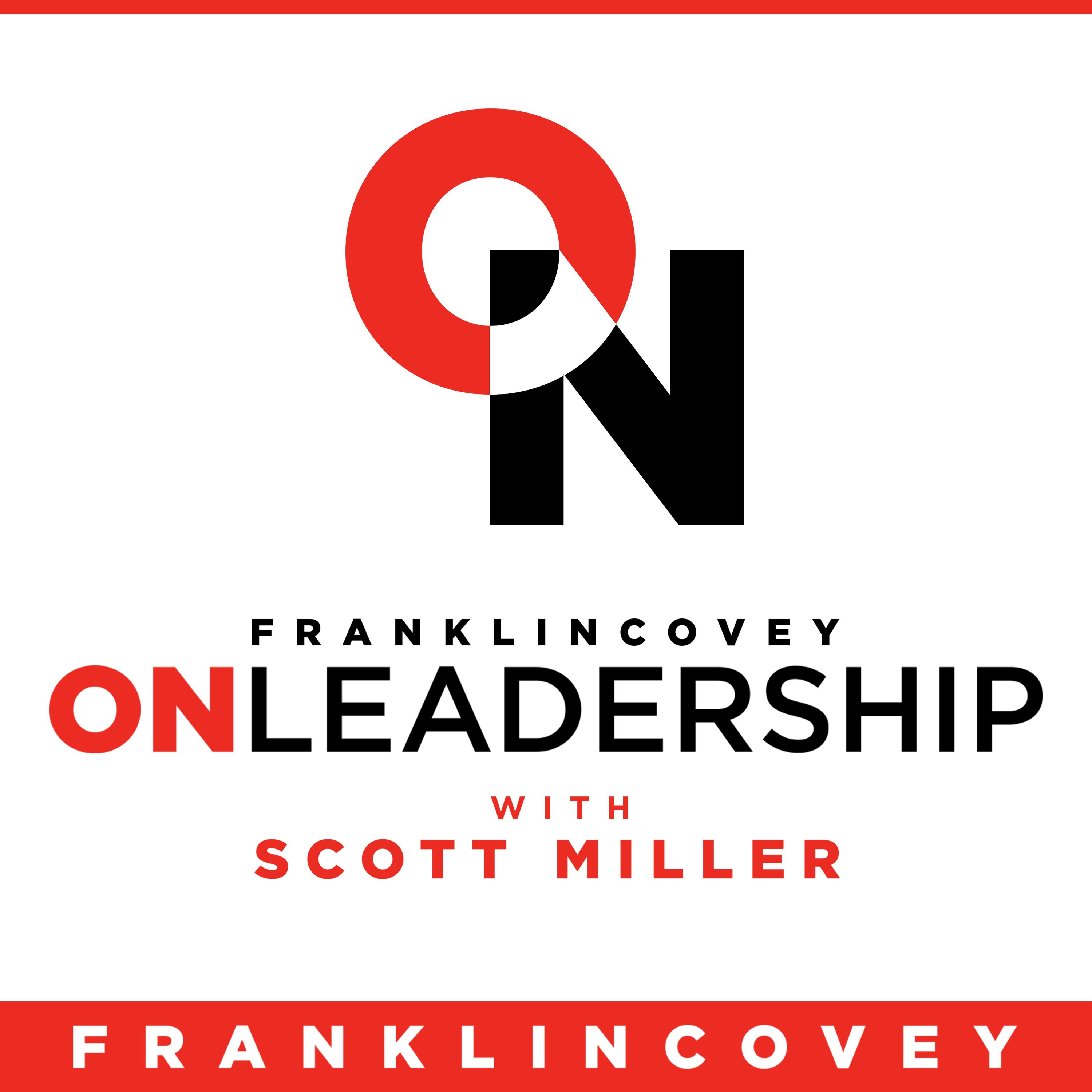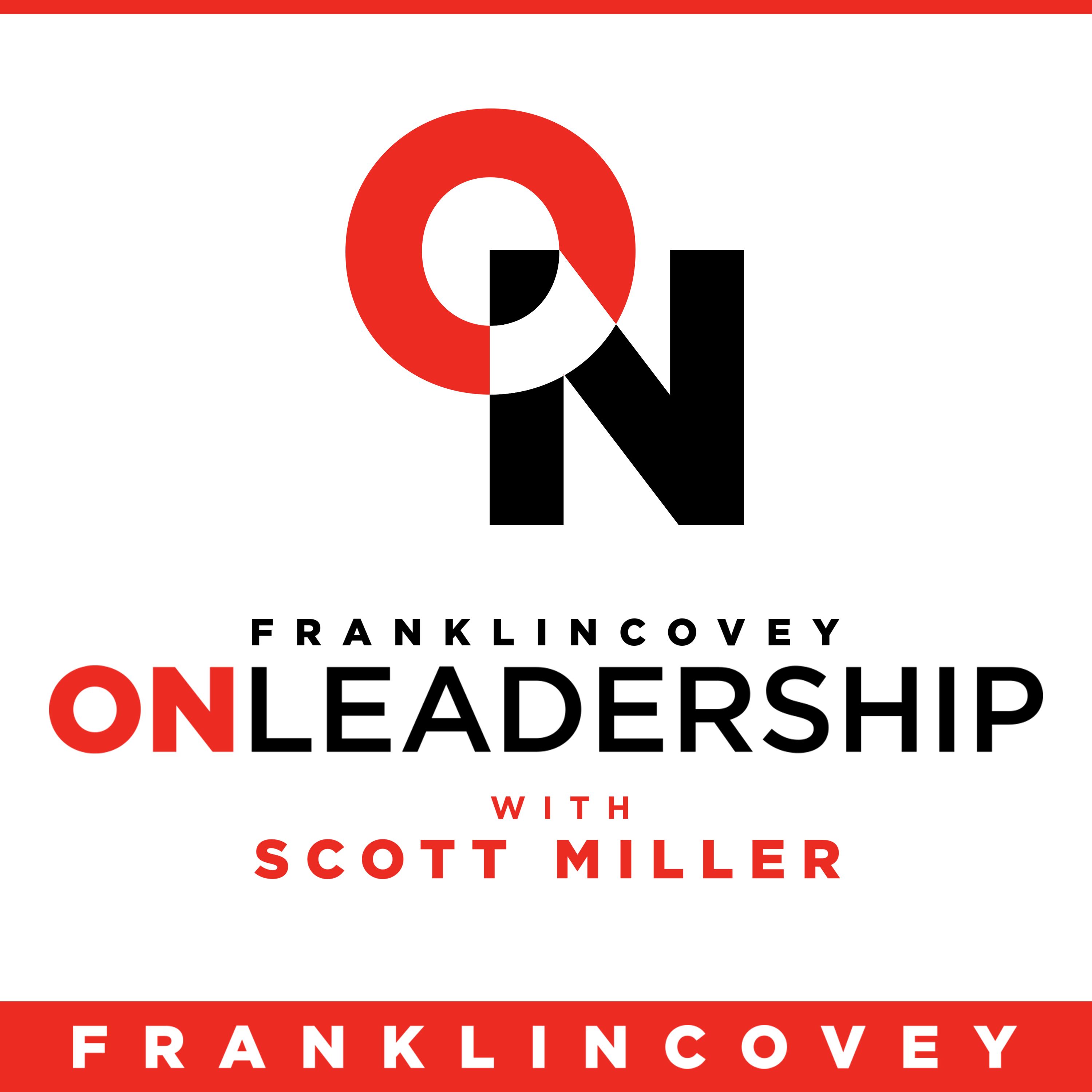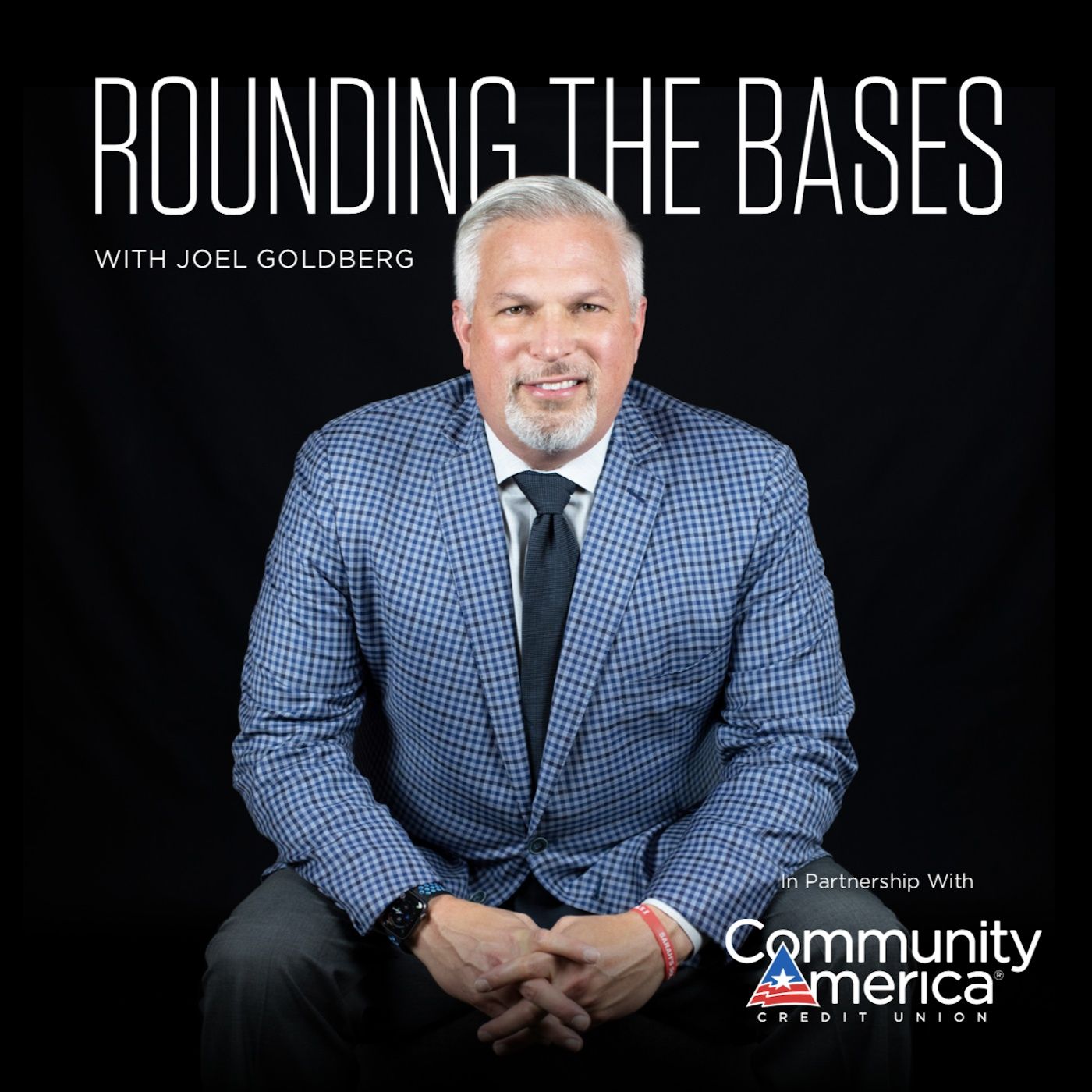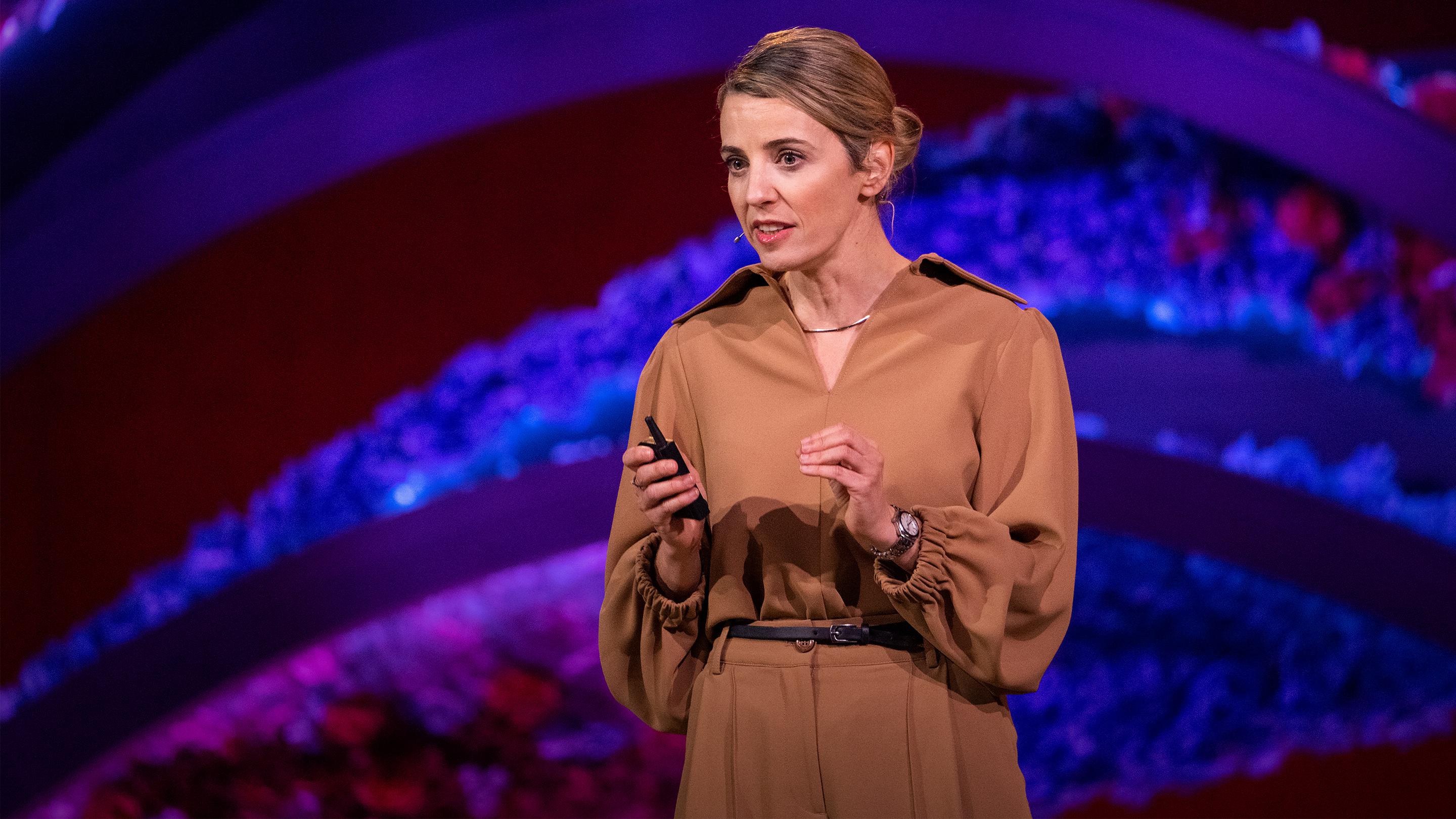Ep 175: Creating Open Communication
Mark Goulston, author of Just Listen, helps us break through our teenager’s barriers to have vulnerable conversations, solve conflict, and create more open lines of communication.If you've enjoyed Talking to Teens, we'd love if you could leave us a five-star rating, and if you have time, a review! Full show notesHaving an open, communicative, connected relationship with your teen is awesome…but pretty difficult to achieve. Teens don’t exactly make it easy to get close to them–when we try to have heart-to-hearts, they usually just roll their eyes. Plus, it’s hard to spend quality time together when they disappear to their rooms for hours at a time! Being vulnerable with teens can be an incredible way to bond with them and prep them with life advice for the world ahead, if we could only get them to listen.To make things more complicated, having these conversations is usually a two-part process. Even when we’ve got kids to open up, it’s another challenge altogether to know what to say! When teens tell us about what’s going on with them, we don’t want to shut them down or make them feel worse. We want to give them advice that will help them become their best selves. Although this might feel like an impossible task, we’re giving you some tips this week to help you get there.Our guest today is Mark Goulston, renowned psychologist and author of many books, including the popular Get Out of Your Own Way: Overcoming Self-Defeating Behavior and Just Listen: Discover the Secret to Getting Through to Absolutely Anyone. Mark’s experiences working with patients and talking to parents all over the world has left him with some powerful notions about making an impact on teens. In our interview, we’re covering the importance of opening up to teens, how you can create a safe space for teens to be vulnerable, and how we can move forward to a promising future with kids instead of dwelling on our past mistakes.How Conversations Can Lead to ConnectionsOur words are often a lot more powerful to teens than we might think. During our discussion, Mark shares a touching story about how a talk in his young adult years changed his life forever. When he was on the brink of dropping out of med school, the dean of students told him he had a streak of goodness in him, and fought for him to stay in the program. At the time, Mark's mental health was poor. When the dean said Mark had a future ahead of him, Mark finally felt like he had the power to go on. For some teens, this kind of encouragement can be essential.For others, it can be critical to know it’s ok to make mistakes. In the episode, Mark explains how some teens constantly compare themselves to their “perfect” seeming parents, and feel like they can never measure up. By letting your walls down and allowing yourself to be vulnerable about your own mistakes, you can help teens see that they don’t always have to be flawless. Mark and I talk a lot in the interview about the damage of pushing kids to be high achievers and how we can move towards a healthier set of expectations.When you’re able to connect with teens on a deeper level, they develop what Mark calls basic trust. This is an essential part of growing from a teen to a functional, content adult. Without this trust, they often feel anxious stepping into the world and don’t have a sense of safety, he says. When you and your kid are truly able to bond on a deeper level, you can reach what Mark describes as “radical attunement,” which goes deeper than just surface conversation and allows the two of you to be connected by instinct. Mark and I dive further into his concept in our talk.So you know how important these talks can…but how can we go about having them? Asking Teens the Right QuestionsWhen it comes to working out conflicts with teens, Mark recommends looking towards the future instead of the past. Instead of bringing up old points of tension from previous mistakes, he explained that it can be more productive to ask teens how they want things to be different in the future. Is there something you’ve been doing that’s harmful? What can you start doing to help teens develop confidence and healthy habits? Discussing the future can also be a pre-emptive way to figure out incoming issues before they become arguments. Mark recommends asking kids what you should do the next time you find yourself concerned by their behavior. Kids might say to text them, or write them a letter, or just talk to them directly–but getting their game plan will help next time there’s a tussle between the two of you. Instead of acting without a plan, you’ll have their input for how to handle their bad grade or disrespectful attitude.When teens are angry or acting out, they often don’t respond well to punitive measures. What they really need, Mark says, is to be asked how they are feeling–and why they are feeling it. Mark suggests waiting until an upset teen has calmed down before asking them what they feel is missing in their life or why they’re feeling bad about themselves. Or if focusing too much on achievement has left them feeling empty. Mark calls this a time out, except it requires both teens and parents to take a minute and acknowledge that continuing to fight will only make the issue worse.But what can you do when teens are resistant to letting their walls down, or snap at you for even trying to start a discussion? Mark and I talk about how you can get these conversations going in our interview.Creating a Space for ConversationIf you want to initiate a talk but don’t know if a kid will respond well, Mark advises skipping the awkwardness of trying to sit them down for a serious discussion. Instead, he suggests having this talk while doing something else, like driving to the store or washing dishes. This makes things a little more comfortable and less confrontational, Mark explains. When teens are prompted to bring up serious topics, it can often trigger trauma from previous wounds. Maybe you’re concerned about the way they’ve been dressing…but discussing this might remind them of the body insecurity so many teens suffer from. Some teens become angry or hostile when prompted to open up, but if you can meet them where they are and show that you understand how they’re feeling deep down, it can help the conversation become more productive and less hot-headed, says Mark. In our interview, we discuss how problems can arise when teens begin relying too much on angry outbursts to get your attention.Mark believes very strongly in the power of mentorship. If you can’t have these conversations with kids, there may be a non-parental figure who your kid responds to a little bit easier. Mark explains that when kids turn to a mentor instead of their parents, it doesn’t mean parents have failed. Mentors are powerful because kids often find them independently; this person is someone they’ve sought out on their own. This figure also keeps kids from being too dependent on parents, and helps them learn to make meaningful connections out in the world.In the Episode.. Mark and I have a light hearted but rich conversation in this week’s episode, covering a wide range of parenting topics. On top of the topics discussed above, we talk about:What...
# Building TrustEstablishing a foundation of trust that allows for deeper emotional connections between parents and teens.
